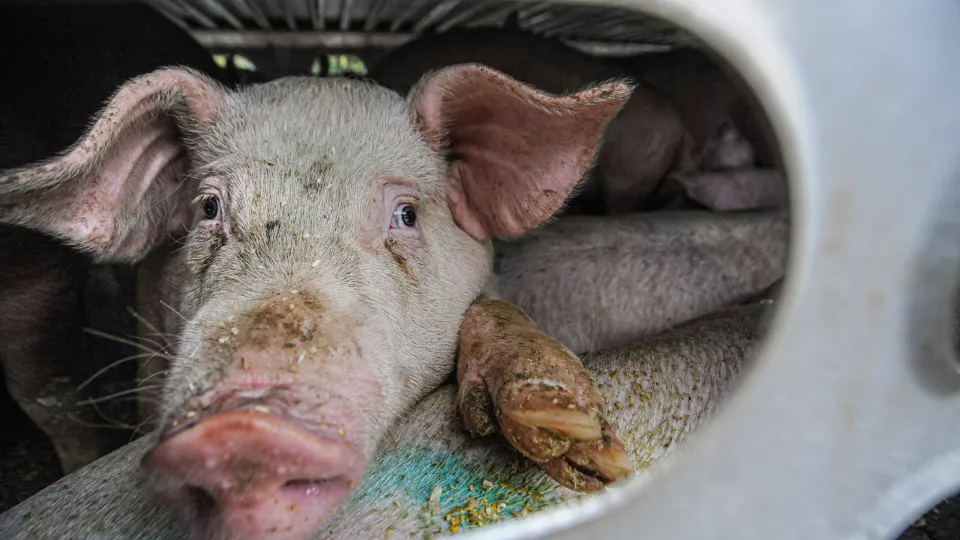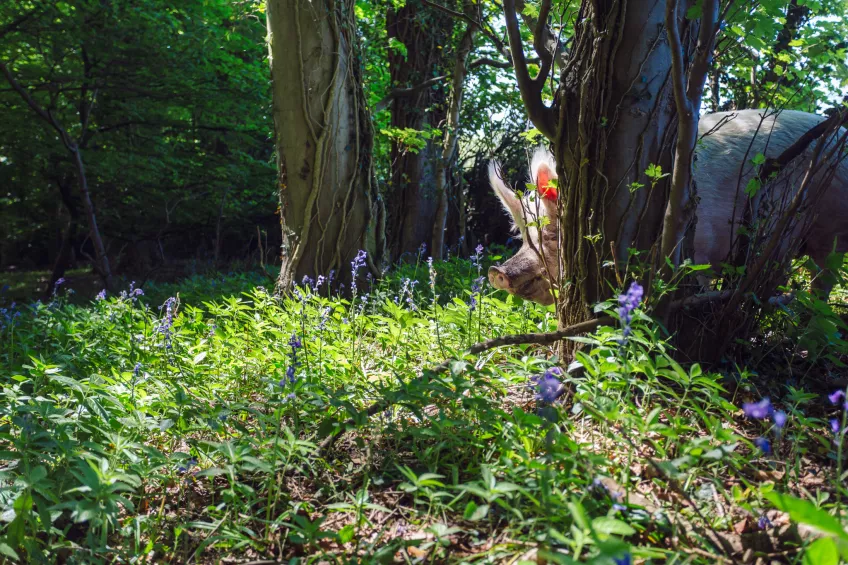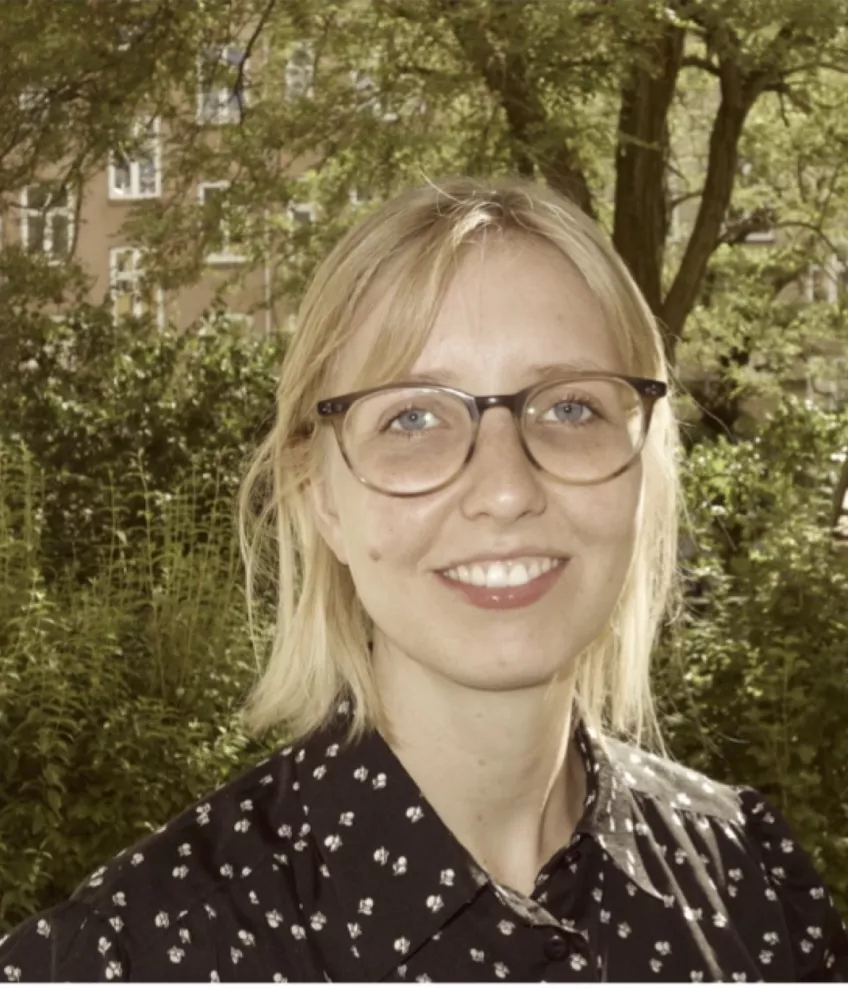It has been estimated that about 72 billion land animals and 1.2 trillion aquatic animals are killed for food globally per year. These animals are bred and slaughtered within systems of food production at a considerable cost, not only for the animals themselves but for all life on this planet. Organizations within the United Nations estimate that animal agriculture amounts to at least 14,5 percent of the total emission of greenhouse gases. Moreover, it is considered one of the primary reasons behind deforestation, general defaunation and species extinction.
Observing these challenges, Marie Leth-Espensen, a PhD student at the Sociology of Law Department, studies the legal protection of farmed animals in Denmark. “Legislation is one of the basic tools available in terms of regulating industries,” she says. “At the same time, the legal framework of animal protection and related measures such as animal welfare standards are not only means of controlling certain practices but also play an important role in framing the problem around intensive farming and potential legal solutions.”
“It is from this basic understanding, I examine the legal framework of animal protection and the underlying problems of reducing living beings to commodities,” she says and mentions how animal welfare policies are an essential means of perpetuating big agriculture.
A recurring theme in Leth-Espensen’s research is the underlying ideas that shape our way of thinking about care for other animals. To this end, she highlights the importance of overcoming human-centred perspectives for a worldview that recognizes other animals' ethical and political significance as world-making beings.
However, as she observes, the attempts to include more-than-human perspectives also confront the social sciences with a series of difficult methodological questions. “Increasingly, I have become interested in putting human-centrism to the test in my own research practices by taking inspiration from emerging research fields such as multispecies ethnography that provide the researcher with a new set of tools."
As part of her dissertation, Leth-Espensen explores the experiences of sanctuaries for rescued farmed animals situated in rural communities in Denmark. These places care for previously farmed animals, a group that usually falls outside the scope of traditional animal shelters. By insisting that all animals are entitled to protection, animal sanctuaries challenge common assumptions about the kind of care and consideration domesticated animals such as pigs, cows, sheep and chickens are entitled to.
“In this sense, sanctuaries are part of exploring and developing alternative modes of relating to and caring for farmed animals, which challenge much of the thinking in current animal protection schemes. Ultimately, these sanctuaries emphasize our profound obligations towards this group of animals,” Leth-Espensen concludes.
Marie Leth-Espensen will defend her dissertation in 2023. Read more about her research on her page.


